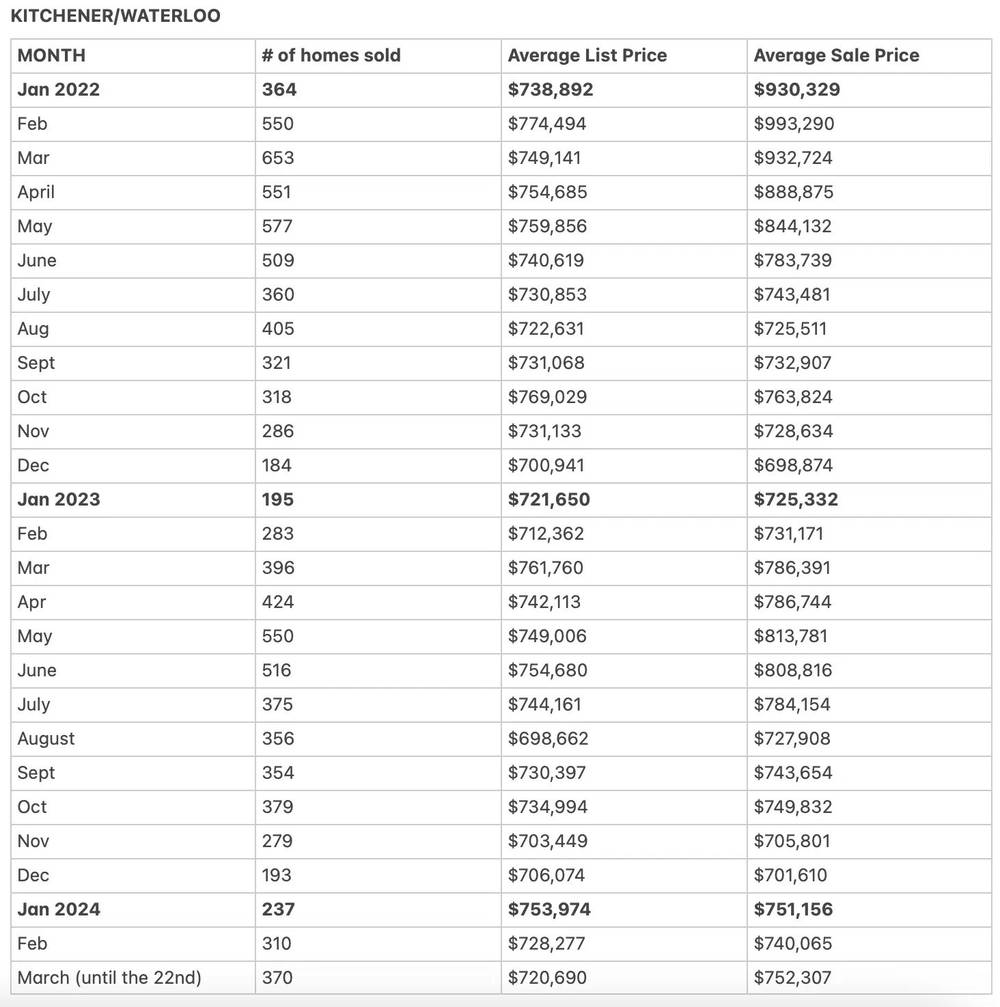This article originally appeared on the BiggerPockets Forum.
I wanted to share something that has been going on in Canada, as I believe there are lessons for everyone, and I don’t think this gets coverage at all in the United States.
Interest rates have increased at the same crazy pace in Canada as in the U.S., but we are seeing unique negative consequences.
Mortgage Financing Is Different
In Canada, we do not have 30-year fixed mortgages. We have fixed mortgages that can be amortized for 30 years, but typically, we can only lock them in for a maximum of five years. Once that term is up, you have to renew at the current rate.
As this happens, people’s mortgage payments have gone up somewhere around 60% in the worst-case scenarios. Our housing prices are also insanely high.
We take adjustable rate mortgages at levels you would never see in the U.S. This happens because there are stiff penalties for breaking a fixed mortgage, where you owe all the missed interest to the bank. I do not believe the U.S. has these penalties, at least not in the same way. Going adjustable removes these penalties should you break an adjustable mortgage.
Adjustable rate mortgages add even more uncertainty
Somewhere around a third of mortgages are adjustable. People on these mortgages had their payments go up automatically with every interest rate increase and saw cash flow completely wiped out. I had one go from $771 to $1,250 per month. Luckily, I still cash flow.
In some of the adjustable products, the payment stays the same, but the principal-to-interest allocation changes to the point where people are only paying interest and are now in a negative amortization, where the amount they owe is actually going up. Not good!
People Are Losing Money Left and Right
Prices have fallen 25% to 30% since the peak, most of which happened in 2022. People flipping homes instantly got crushed, and many people doing BRRRRs ended up underwater in equity and monthly payments as rates increased. Places would no longer appraise.
For example, in the Kitchener/Waterloo market, average homes sold for nearly $1 million at the beginning of 2022—nearly $200,000 above the average list price. Two years later, the average list price remains rather flat, but the average sale price is roughly equal to or slightly below the list price. In addition, the number of homes sold has declined by about half during this time.

People cannot sell their homes easily either, as there has been a flood of inventory, seller expectations are still for yesterday’s prices, and days on the market are through the roof.
I personally know a number of people who have gone bankrupt, lost properties, and lost money in the six- or seven-figure range.
People who purchased new construction years ago cannot close on their purchases, as they are now worth much less and can’t afford the payments. This has been one of the biggest disasters. People are walking away from six-figure deposits they’ve made over time. Almost every few weeks, there is a news story of new construction homes burning down, sometimes whole subdivisions.
We don’t fully know this backstory, but it wouldn’t be surprising if people were trying to bide time as homes must be rebuilt.
Final Thoughts
The downturn in Canada has largely been felt in Ontario and British Columbia. These two provinces account for over half the population, so I felt it was fair to write “Canadian Real Estate” in the title of my article. However, some people from smaller provinces correctly noted to me that they haven’t seen the kind of drops in price I talked about. The whole country, however, does feel the negative effect of not having long-term fixed mortgages like in the U.S.
I decided to share this story, as I’m sure anyone in the real estate world would find it interesting, and there are some takeaways from this. On the flip side, this has also presented some opportunities for the creative real estate investor.
Join the community
Ready to succeed in real estate investing? Create a free BiggerPockets account to learn about investment strategies; ask questions and get answers from our community of +2 million members; connect with investor-friendly agents; and so much more.
Note By BiggerPockets: These are opinions written by the author and do not necessarily represent the opinions of BiggerPockets.

